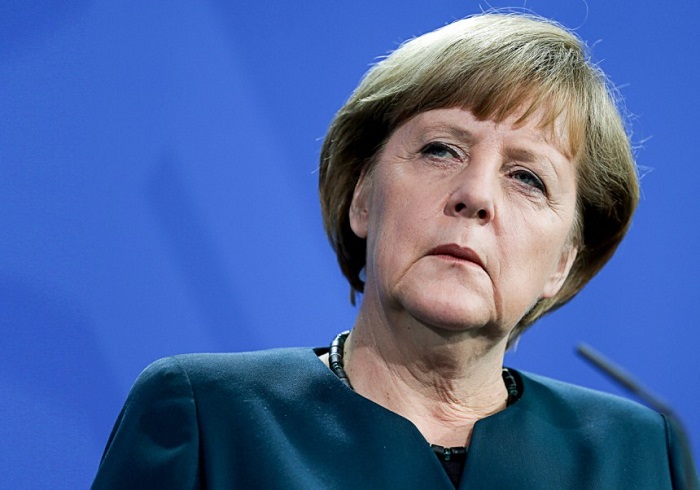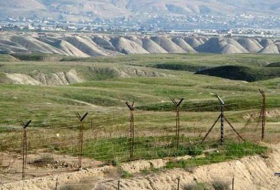Coalition talks collapse in Germany, leaving political uncertainty for Merkel

While Merkel said she regretted the collapse of talks to form a government, she said she would steer Europe's biggest economy through the crisis.
"As chancellor... I will do everything to ensure that this country comes out well through this difficult time," she said.
The German Chancellor's center-right CDU lost 65 seats in September's general election, preventing it from forming an outright majority, despite remaining the largest party in the German parliament, the Bundestag.
There had been hopes for a 'Jamaica coalition' -- so called due to the parties' colors mirroring that of the Jamaican flag -- that combined Merkel's CDU and its Bavarian sister party, the Christian Social Union (CSU), both black, the pro-business FDP, which are yellow, and Germany's Greens party.
But according to Germany public broadcaster ARD, the parties were deeply divided over tax, immigration quotas and environmental policies.
ARD also reports that business organizations fear that the failed Jamaica coalition talks could spell uncertainty for the German economy.
Merkel told reporters Monday she plans to meet with the German president to inform him of her failure to form a coalition government. The chancellor said she will tell the president, "we have to see how things will develop further."
With the FDP dropping out of the coalition talks, Merkel's CDU may attempt to form a minority government with the CSU and Greens. Merkel's options to form an alternative coalition block are limited due to the refusal of the next largest parliamentary group, the social democratic SPD party, to enter an agreement with her.
Positioned to the left of the CDU, the SPD broke with tradition to join with Merkel's center-right CDU during the previous government, but lost 40 seats in the September election and opted to leave the coalition, saying the result was a "bitter disappointed."
The big winners in the German election were the far-right Alternative for Germany (AfD) party, who became the third largest party in the Bundestag with 94 seats from a starting point of zero.














































